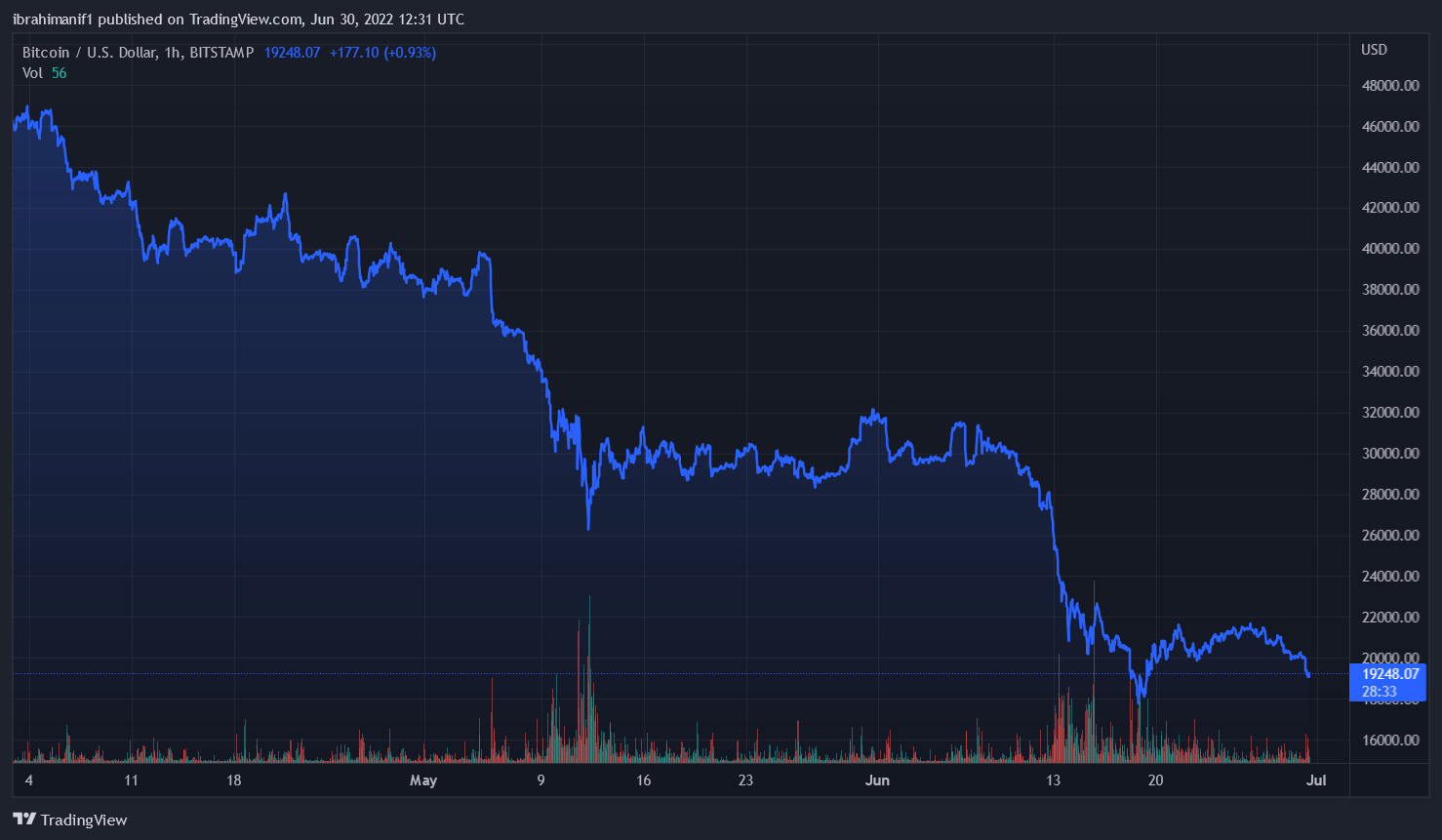The Transfer of Funds Regulation (TOFR) was the subject of a preliminary agreement between the European Union’s Parliament, Council, and Commission on June 29. The regulatory frameworks the E.U. is putting in place for cryptocurrency regulation include the TOFR.
EU Sets Tone For Crypto Transfer Tracing
Criminals will find it harder to use cryptocurrency for illegal activities thanks to the EU. Negotiators from the Council presidency and the European Parliament have come to a provisional agreement on the proposal to update the regulations governing the information that must be provided alongside financial transfers by including transfers of cryptocurrency assets.
The agreement broadens the use of traditional finance’s “travel rule” to cover transfers of crypto assets.
If an inquiry into money laundering and terrorist funding is performed, crypto-assets service providers (CASPs) will be required to give this information to the appropriate authorities.
Parliament negotiators ensured that there be no minimum amount or exemptions for low-value transfers, as previously planned, as crypto-asset transactions simply avoid existing thresholds that would activate traceability requirements.
Ernest Utasun, a legislator for the European Union, referred to the interim agreement in a series of tweets as a response to the “unregulated crypto wild west.”
With the new deal, the EU will be able to address the dangers of money laundering and terrorist financing associated with these new technologies while maintaining competition, protecting customers, and preserving the internal market’s financial integrity.
“For too long, crypto-assets have been under the radar of our law enforcement authorities,” one of the lead EU lawmakers negotiating the rules, Assita Kanko, said in a statement. “It will be much harder to misuse crypto-assets and innocent traders and investors will be better protected.”
Related reading | European Central Bank Publishes Risk Report on Bitcoin, Compares the Crypto to the Tulip Mania
Unhosted Wallets
The regulations would also apply to interactions between hosted wallets controlled by CASPs and transactions from so-called un-hosted wallets (a crypto-asset wallet address held by a private user).
If a customer sends or receives more than 1000 euros to or from their own unhosted wallet, the CASP must confirm that the wallet is indeed owned or under the customer’s effective control.
Legislators stated in March that they wanted to significantly broaden the bill’s purview to include transactions with unhosted digital wallets, or those that aren’t run by a licensed crypto exchange or another regulated service provider, and to have all transaction information reported to the authorities regardless of risk.

BTC/USD falls below $20k. Source: TradingView
Person-to-person transfers carried out without a provider, such as those made on bitcoin trading platforms, or between providers operating on their own behalf are exempt from the requirements.
Before the regulations receive final approval, the EU institutions are figuring out the technical aspects. Late on Thursday, negotiations were also scheduled to wrap up a separate agreement for a comprehensive set of cryptocurrency laws known as Markets in Crypto Assets, or MiCA.
They are a part of the EU’s initiative to lead the world in taming the rogue cryptocurrency market at a time when values have plummeted, wiping away fortunes, stoking doubt, and igniting calls for more monitoring.
Related reading | Why The European Union Voted Against A De Facto Bitcoin Mining Ban
Featured Image from Getty Images and Chart from tradingview.com





